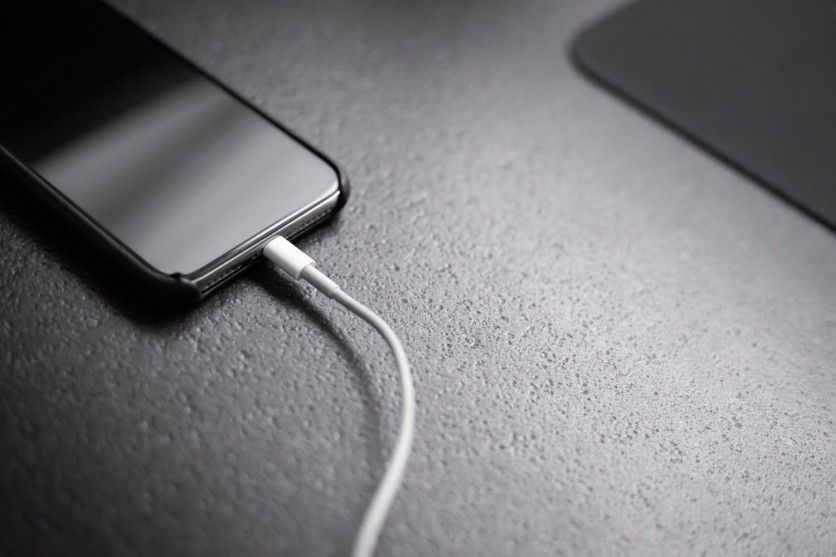The Federal Bureau of Investigation (FBI) has recently issued a warning for users who frequently connect their smartphones and other devices to free public charging stations.
According to the law enforcement agency, people should be careful using chargers because they can be outlets for hackers to access their gadgets.
If that happens, cybercriminals can quickly deploy malware, spyware, or any other software that can infect their device and your files.
FBI Warns Of Risky Use of Public Charging Stations

Avoid using free charging stations in airports, hotels or shopping centers. Bad actors have figured out ways to use public USB ports to introduce malware and monitoring software onto devices. Carry your own charger and USB cord and use an electrical outlet instead. pic.twitter.com/9T62SYen9T
— FBI Denver (@FBIDenver) April 6, 2023
When you run out of battery and forget to bring a charger for your smartphone, the best thing you can do is go to the nearest charging station to power up your device. However, you might want to think twice this time before doing this the next time you see a public device charger.
The FBI notes that hackers are becoming more creative in delivering malware loads via public USB ports.
If you charge your phone, laptop, or tablet in charging stations you see in airports, malls, or hotels, your device can acquire malicious software to track your activity while using your gadget, per CNBC.
According to a tweet by FBI Denver, bad actors have started to deploy malware and other monitoring software to these charging ports. At all costs, please stay away from these public chargers before it's too late.
What is Juice Jacking
The latest public advisory from the FBI exposes that the strategies that hackers use are evolving. For instance, the government warns the public to get "juice jacked."
According to a report by The Washington Post, the term "juice jacking" pertains to the hacker's way of stealing your confidential information, including your social media account password and bank account pin, through public USB ports.
Installing malware on your device is another problem that people need to overcome. The said word was first used in 2011 when DefCon researchers made a charging station that is said to be teeming with many security risks.
As digital technology revolutionizes, cybercriminals become even more innovative. Running keylogging techniques and browsing over the internet search history are only some of the ways to take over the victims' devices without them knowing.
How to Avoid Getting Juice Jacked
The FBI says that to avoid getting juice jacked, you need to stop using public charging stations in the first place. It's always prevention rather than cure before anything else on the line.
Another important piece of advice you must remember is to bring your charger and USB cord. Connecting it to an electrical outlet instead of the free public charger is recommended.
For Ritesh Chugn, Central Queensland University's expert in technology and society, public charging stations pose security risks, where they can be considered a "significant privacy hazard" to consumers.
Read Also: Why iPhone Overnight Charging is Dangerous; Here's the Best Way to Charge Your iOS Smartphone

![Apple Watch Series 10 [GPS 42mm]](https://d.techtimes.com/en/full/453899/apple-watch-series-10-gps-42mm.jpg?w=184&h=103&f=9fb3c2ea2db928c663d1d2eadbcb3e52)



